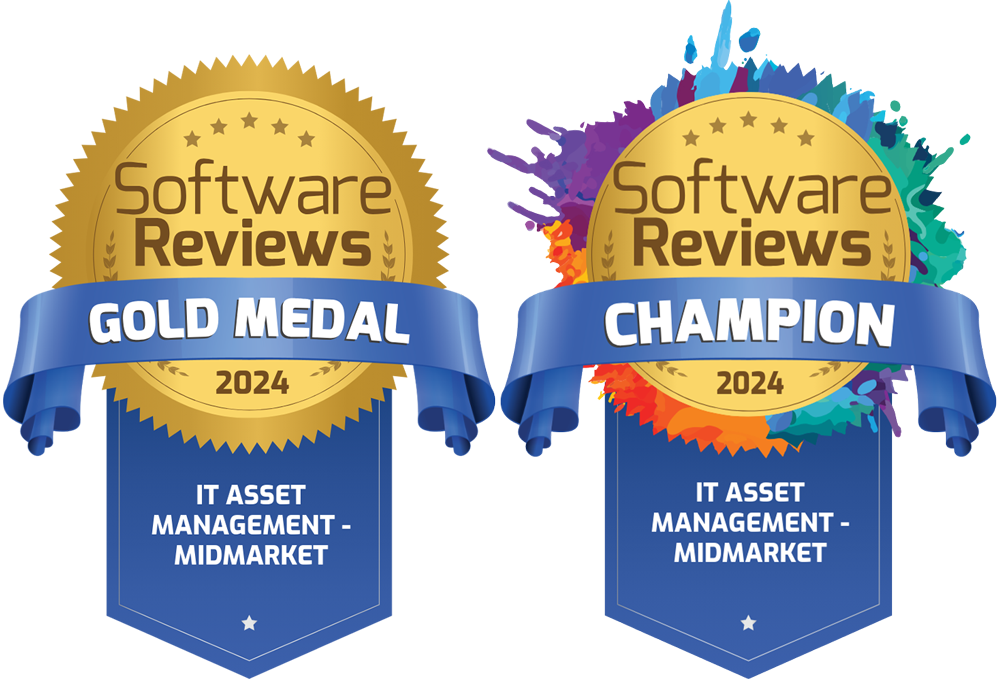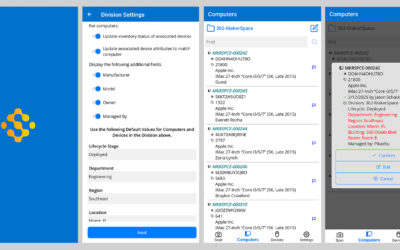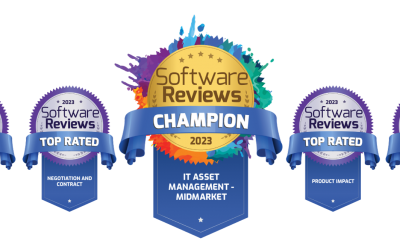Microsoft SAM: When Publishers Manage your Software Assets for You

What would you do if your tax preparer signed a deal with the Internal Revenue Service to “help” you comply with tax laws by forwarding them your pay stubs, bank statements, and other asset details, so that they could compare this “raw data” to your current and previous years’ tax filings, make sure there were no “compliance” issues, and bill you for what they think you owe? What if the press releases announcing this merger–err, agreement–shined an innocent light on it, by explaining how much simpler will be for tax advisors to work directly with the IRS to establish an “agreed upon, accurate” tax liability position for you that will “stand up in an audit?” Would you trust that the tax prep company, in coordination with the IRS (based on the terms in an undisclosed agreement) would always put your best interests first? Or, perhaps, would you fear that they had basically contracted with the IRS to perform “voluntary soft audits” on all their gullible clients, in order to win financial favor from the powerful institution?
Well the good news is that, as far as I know, none of the major tax preparation firms have agreed to send the unnecessary and minute details of your pecuniary life to the IRS. If they had, however, no one could blame you for being a bit suspicious. In my view, a back-door integration of tax prep “discovery” data with IRS databases and calculations would be a clear violation of your privacy (and trust) as a client, and represent an obvious conflict of interest for the tax preparer. It’s their job to help you take advantage of every possible deduction and credit, so that you can pay the IRS as little as (legally) possible, remember!? Under a mystery agreement like the one described above, would you ever be able to trust that the information gathered wouldn’t be used against you to initiate (or intimidate you with) an audit?
Like tax preparation services, software asset management (SAM) tools are supposed to help you take full advantage of every right and opportunity afforded to you by the software entitlements you’ve paid for, and help reduce costs via license optimization. Therefore, SAM tools should be able to help you stay in compliance without reporting every accidental discrepancy or inadvertent installation to software vendors.
Unfortunately, however, some SAM vendors have actually started entering into partnerships with software publishers (such as Microsoft) like the fictional one described above, without properly addressing or even acknowledging the potential financial consequences their clients may face as a result of this information sharing. And if you read through the press releases and news articles announcing these programs, instead of bringing clarity, the language they use frequently appears vague, confusing, and even misleading.
Why is that? SAM has never been a service provided by a publisher to “help” a client stay in “compliance.” That’s like letting the fox inspect the henhouse for security vulnerabilities. So, why are these organizations attempting to redefine the term? You and I know that many software publishers simply want as much of your money as they can get, which is why they make no distinction between deliberate software theft and accidental or inadvertent installation or usage during an audit. What makes publisher-based SAM any different than an audit? The fact that you ask for it?
In conclusion, software asset management is not the practice of voluntarily inviting software publishers in to see what you have, tell you what you owe them, and inform you of what else you need to buy to make them happy (with the unspoken threat of an involuntary audit hanging over you). SAM is the practice of understanding, maintaining, and optimizing your software license entitlements, based on your needs, your decisions, and your best interests. As such, Sassafras Software will never sign any agreements with software publishers disclosing the details of your computer network or discovery reports to auditors or salespeople, and we find it alarming to think that the SAM industry we’ve worked so hard to define and defend may one day be co-opted by the sly practices of deep-pocketed publishers.
Additional reading:
Author: Jason Schackai
Training and implementation specialist by day, user experience designer by night, Jason helps users learn the ropes of Sassafras, while mining their difficulties for ways to improve the product. As his father once told him: “Join me, and I will complete your training. With our combined strength, we can end this destructive conflict and bring order to the galaxy!”
Site Search
Documentation Search
Categories

Social
Subscribe
| Thank you for Signing Up |







